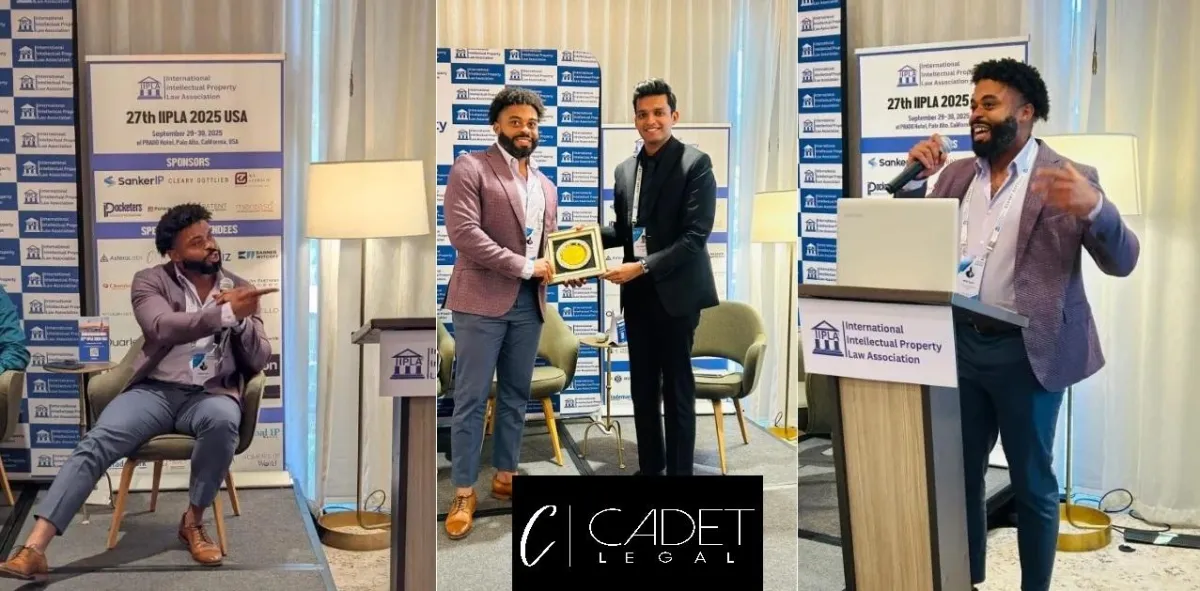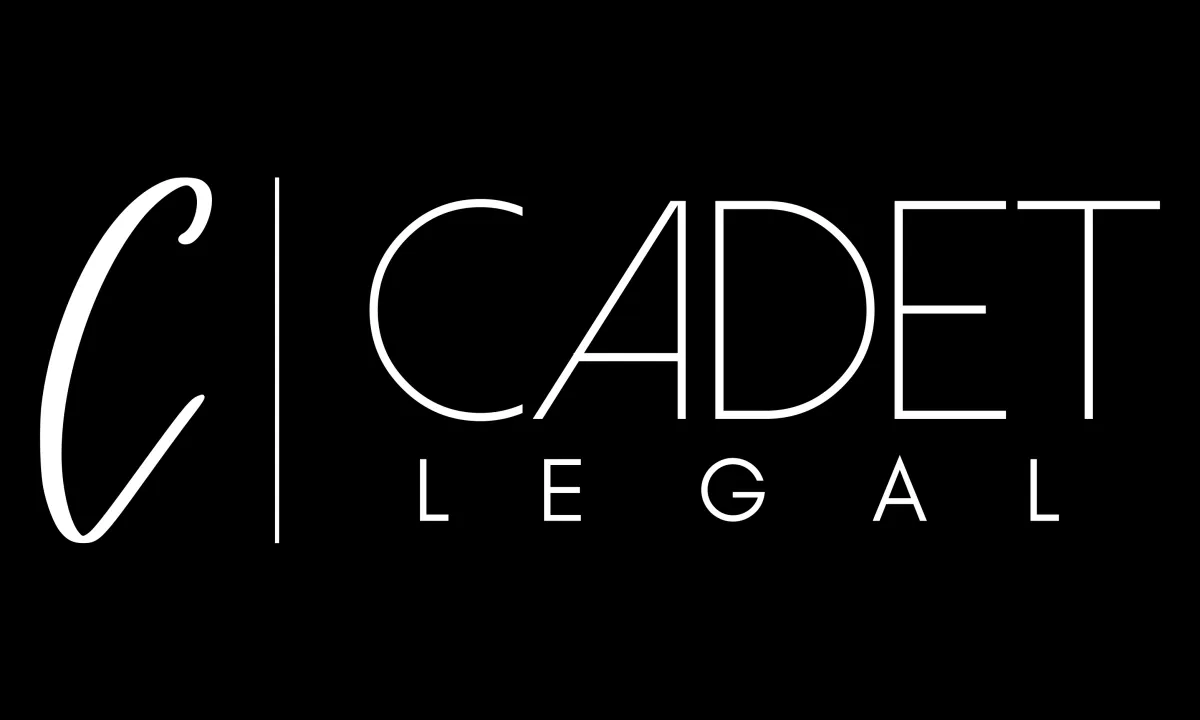
Thoughts from IILPA Talk on “Licensing and Monetizing IP [Through Transactions]”
While we don’t specialize in IP, as a firm that advises asset managers, business-buyers, and investors, we daily observe and grapple with the value and role of IP assets in real life deals with real money on the line. Our “Watch the Ops” (business opportunities and operations) approach to advising clients allowed us to bring our practical experience to the often abstract, conceptual discussion of intellectual property.
The three trends we highlighted are: (i) IP as a lever for startup funding and exit, (ii) IP as a lever in the ETA / Silver tsunami, and (iii) IP as a lever for non-traditional employment.
I. IP as a Lever for Startup Funding and Exit
Startup Market Conditions: The current market, which (although improving) still features down rounds, uncertain/limited exit, and the challenge of building a business to Series A level development just to raise Series Seed financing
Startup Market Opportunity: We’ve been saying it - the market demands value. We are seeing startup clients leveraging the value of IP to access capital in traditional and non-traditional ways.
· IP can improve VC financing odds
o Traditional VC financing: Startups with patents are up to 6.4 times more likely to secure funding than those without, and those combining patents with trademarks see that advantage rise to over 10 times.
§ Case Study: We advised on a software company acquisition by another software company where a SAFE served as the purchase price. The target sold itself to a competitor-turned-buyer in exchange for future equity in the competitor rather than cash. Why would either party agree to this unique structure? We spectualte that this made sense for the target because the target had great IP (software) but difficulty fundraising. The buyer believed in the target’s IP, and convinced the target of the buyer’s superior ability to raise outside capital.
o Bridge Financing
§ Credit: Patents not only facilitate equity investment - having a patent increases access to debt capital, as evidenced by the growing number of loans using patents as collateral.
§ Licensing: Licensable IP can be means of bootstrapping or gaining early product buy-in/validation that can be converted to a later equity check.
§ Case Study: We recently structured an entity for medtech founders developing software to detect concussions. Before raising a “friends and family” or Series Seed round, the founders focused on getting their MVP “good enough” to license to a Major Leage Soccer team. We drafted a license for the team to use the product during the season in exchange for a flat-rate royalty and, perhaps more importantly, user data.
·IP is fueling “exit through acquisition”
o Pitchbook recently noted that the percentage (35.3%) of US VC-backed exits that came through acquisition has continued its upward trend this year.
o We have advised on multiple, including the acquisition of a distressed footwear company that had patents for its materials.
o Patent-seeking companies account for nearly 79% of VC exit value, underscoring that strong IP directly correlates with better outcomes in both acquisitions and public offerings.
· The Acqui-Hires trend exemplifies the role of IP in exit through acquisition.
In an aqui-hire, the buyer hires all key personnel from the target and licenses the desired tech. Below are recent big name examples, but Cadet Legal has been closing these kinds of acqui-hire deals over the last year as well.
o Google x Windsurf,
o Google x Character AI,
o Meta x Scale,
o Amazon x Adept,
o Microsoft x Inflection AI,
o Amazon x Covariant AI
II. IP as a lever in the ETA wave/ Silver tsunami
Small Business Market Conditions: Baby boomers are retiring and their kids often don’t want to run the “boring,” revenue-generating “mom and pop” businesses that they built over decades. They are discovering that they can help fund their retirement by selling this business. In this gap, investors and aspiring entrepreneurs see an opportunity to become entrepreneurs by acquiring these businesses, which are often in the lower middle market. Some estimates project the potential wealth transfer at between $50-$85 trillion.
Small Business Market Opportunity: The small business market also demands value and this should include IP.
· In the same way that mom and pop sellers are getting smarter about M&A, our buyers are getting smarter about IP.
We’ve seen this in multiple recent deals, including a staffing agency deal we closed in Q3. When diligence revealed a pending filing for a competing trademark, the seller (and their counsel) did not care (“so what – we have common-law protection”). For our buyer, a client with aspirations to go beyond “mom and pop” and expand nationally, the IP formed a key part of the transaction value that needed to be protected. Immediately after closing the deal, we looped in our colleague Ambur Smith to negotiate a coexistence agreement with the potential trademark infringer.
· Buying “boring businesses”≠ avoiding tech.
Entrepreneurship through acquisition is not just for low-tech businesses. We are currently working (with support from our colleague Anu Kinhal) on a client’s license-to-acquire transaction for a simulation software business developed by a seller who is looking to retire in the near future. Additionally, we are seeing our clients who have acquired historically “low-tech” companies layer on technology through acquisitions or licenses to increase platform value.
III. IP as a lever for non-traditional employment/business opportunities (creators, creatives, and consultants)
·Creator Market Conditions: “Making money” no longer automatically means “getting a 9-5.” For our artists and other creative entrepreneurs as well as our consultants, protecting and monetizing IP is a crucial part of making money from their creativity.
·Creator Market Opportunity: Whether the energy drink deal we did for T-Pain last year, sponsorship/partnership deals we’re negotiating for The Brickell Babes, or the various big content deals we all are witnessing (think UFC/Paramount, Kill Tony or Pop-the-balloon/Neftflix, JRE/Spotify, Kelce Bros, Call Her Daddy/Hulu, etc.), IP continues to stand out as a revenue generator for our clients.
As you look to generate revenue in this market, whether through a startup or small business, you need counsel that can help you implement a market-based for growth and monetization. Talk to us today.
Disclaimer. The contents of this article should not be construed as legal advice or a legal opinion on any specific facts or circumstances. Your viewing and/or use of the contents of this article do not create an attorney-client relationship with Cadet Legal. The contents are intended for general informational purposes only, and you are urged to consult with counsel concerning your situation and specific legal questions you may have.


